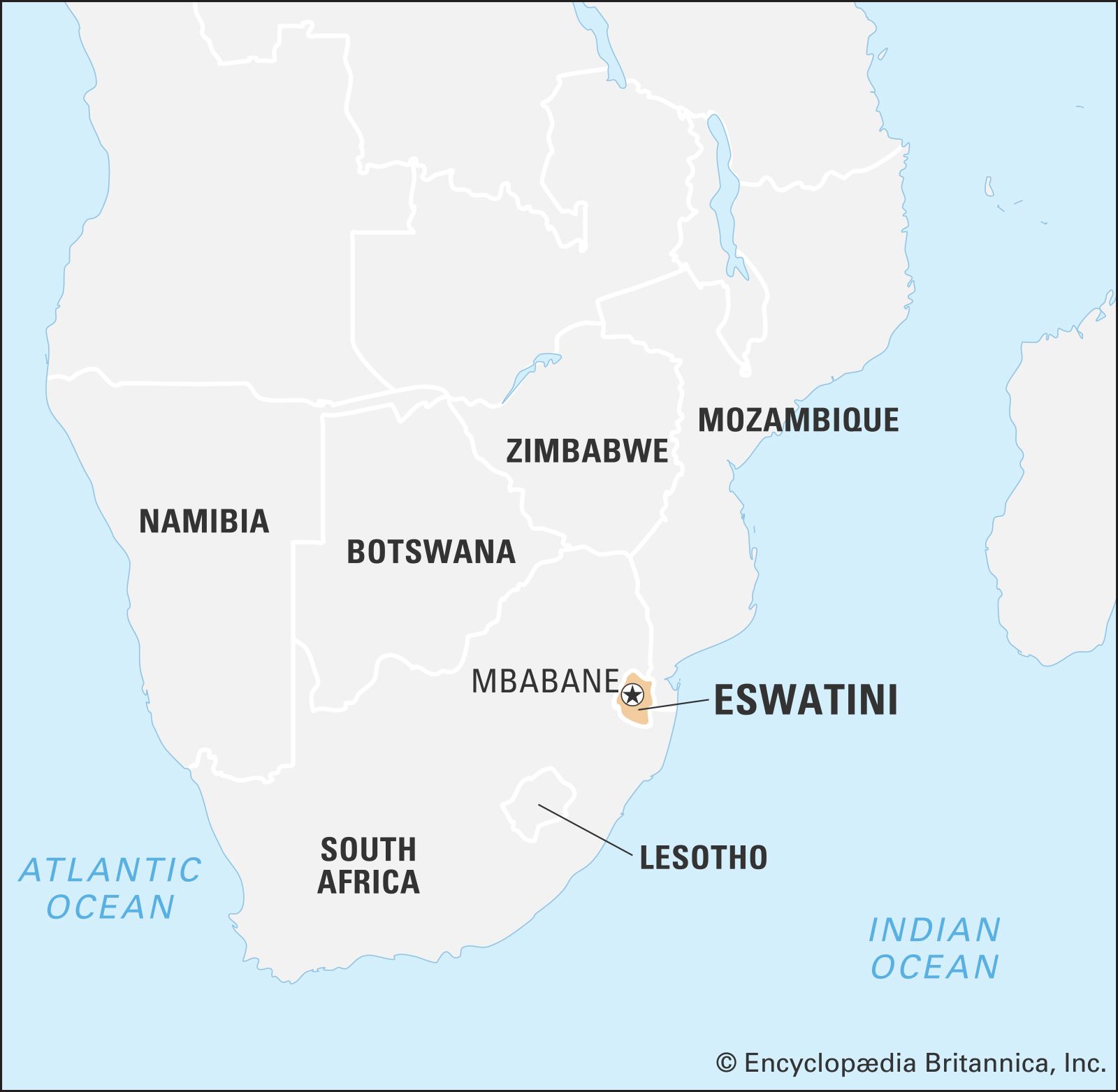Exploring Eswatini: A Jewel in Africa’s Crown
Eswatini, formerly known as Swaziland, is a unique and vibrant nation located in the heart of Southern Africa. This small kingdom, bordered by South Africa to the west and Mozambique to the southeast, boasts rich cultural traditions, stunning landscapes, and a questionable political history. In this blog post, we delve into what makes Eswatini a captivating destination and an important player on the African continent.
The Essence of Eswatini
Eswatini’s charm lies in its undisturbed beauty and strong cultural heritage. With a population of about 1.1 million people, the country is known for its traditional ceremonies, including the famous Umhlanga Reed Dance, which attracts participants and tourists from all over the world. This annual festival celebrates the purity and respect of young women and underscores the value of tradition in Eswatini society.
Located approximately 17,364 square kilometers in size, Eswatini may seem small when compared to its neighbors, yet it has diverse landscapes ranging from mountains to savannas, which are home to a variety of wildlife, including the Big Five. Adventurers and nature lovers will find that Eswatini offers numerous opportunities for hiking, safari, and cultural tours, reflecting its rich biodiversity and majestic scenery.
A Glimpse into Eswatini’s History
The history of Eswatini can be traced back to the Nguni tribes that settled in the area during the 18th century. The formation of the Swazi nation is attributed to King Ngwane III, who united various clans. The country’s colonial past began in the late 19th century when it became a protectorate of the British. It wasn’t until 1968 that Eswatini gained independence. Despite its recent liberation, the nation has faced political challenges, particularly concerning leadership and governance.
Eswatini operates under an absolute monarchy, with King Mswati III holding significant power since his ascension in 1986. The king’s rule has prompted discussions about democracy and human rights within the nation. As Eswatini continues to balance tradition with modernity, the socio-political landscape remains a topic of interest for scholars and policymakers alike.
Economy and Development
Eswatini’s economy is diverse, relying primarily on agriculture, manufacturing, and services. The agriculture sector plays a crucial role, with sugarcane being one of the leading exports. Additionally, the textile and wood industries have shown potential for growth and employment.
The government has also been working on initiatives aimed at improving infrastructure and increasing foreign investment to stimulate economic growth.
Despite these efforts, Eswatini faces economic challenges, such as high unemployment rates and income disparity. This situation calls for strategic planning and innovative solutions to foster sustainable development and economic diversification. Britannica provides in-depth insights into the country’s economic structure and potential.
Cultural Significance and Tourism Opportunities
Tourism in Eswatini is a growing industry that showcases the country’s natural wonders and cultural richness. The scenic landscapes, including Mlilwane Wildlife Sanctuary and Hlane Royal National Park, serve as focal points for eco-tourism. Visitors can immerse themselves in the local culture by participating in traditional ceremonies or visiting local markets that hawk handcrafted goods. The authentic experiences offered by local guides enhance the depth of understanding for tourists eager to appreciate Eswatini beyond the usual landmarks.
Moreover, the arts play a vital role in Eswatini’s culture. Crafts such as basket weaving, pottery, and beadwork reflect the creativity of the Swazi people and serve as valuable commodities in both local and international markets. Festivals, music, and dance vividly depict the Swazi narrative and foster community spirit, making them enjoyable for both residents and visitors.
The Role of Eswatini in the African Union and Global Community
As a member of the African Union, Eswatini contributes to regional stability and cooperation. The country has participated in various diplomatic efforts aimed at enhancing integration within the Southern African Development Community (SADC). Eswatini’s strategic positioning makes it crucial for trade and commerce in the region.
Moreover, Eswatini’s commitment to addressing global challenges, such as climate change and public health issues, has garnered international attention. Collaborating with global partners and participating in international forums, Eswatini continues to assert itself on the world stage, showcasing its dedication to sustainable development.
Conclusion: A Nation of Opportunities
Eswatini, with its vibrant culture, stunning landscapes, and complex history, presents numerous opportunities for engagement and investment. As business professionals and HR leaders, understanding the socio-economic landscape of Eswatini provides valuable insights into the potential for market entry, partnerships, and cultural exchange. In fostering new connections, there lies a chance to contribute positively to this remarkable nation’s growth and development.
In summary, whether you are looking to travel, invest, or collaborate, Eswatini stands out as a jewel of Africa, enriching the continent’s tapestry. Explore, embrace, and engage with this versatile kingdom, where tradition meets opportunity, and every corner tells a story.








